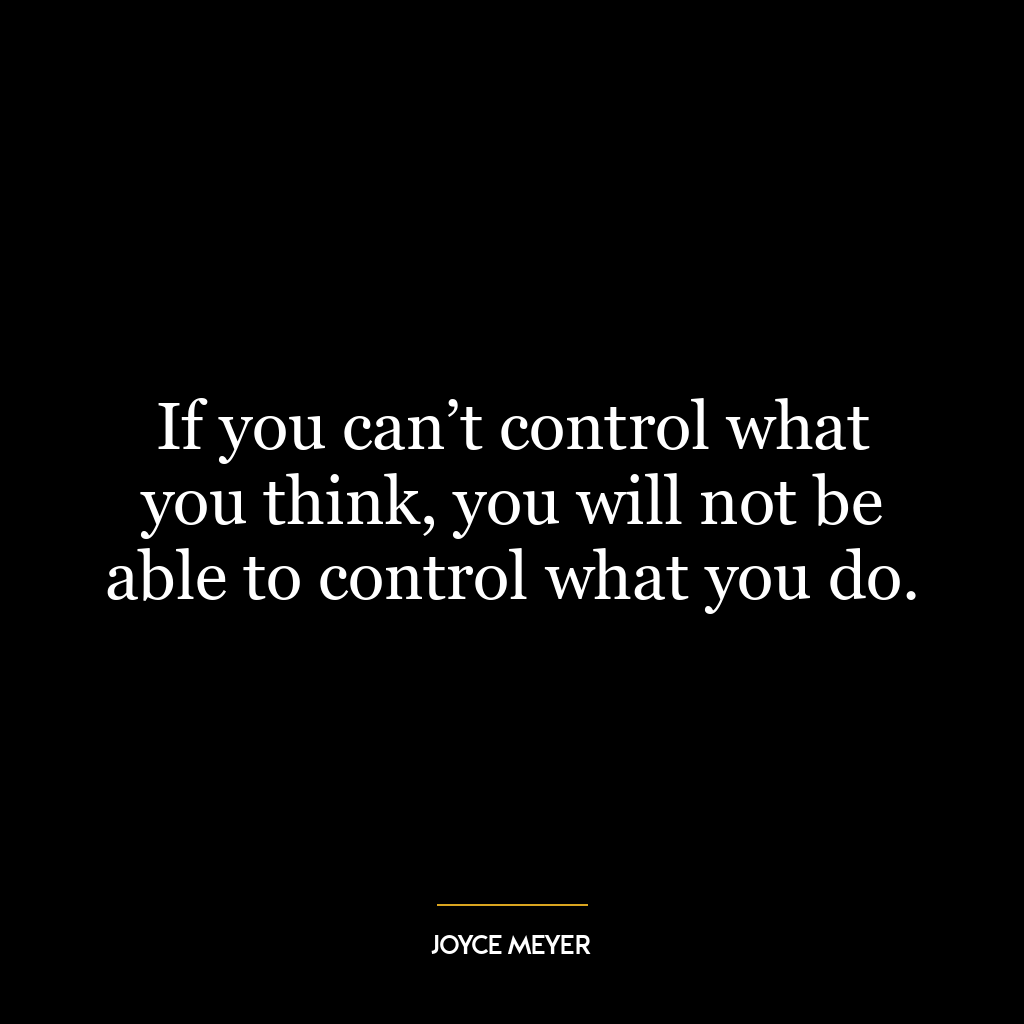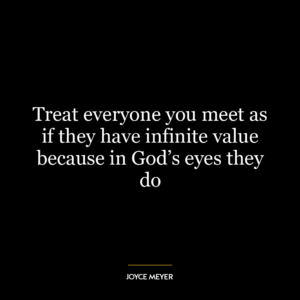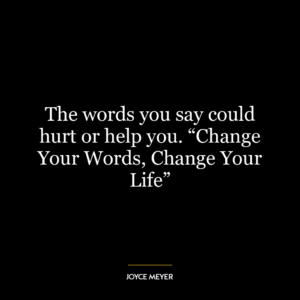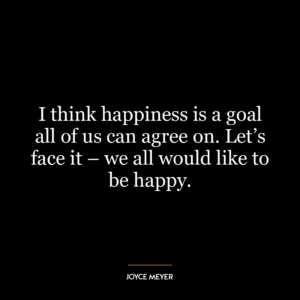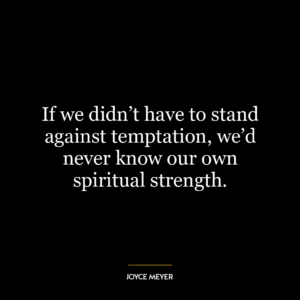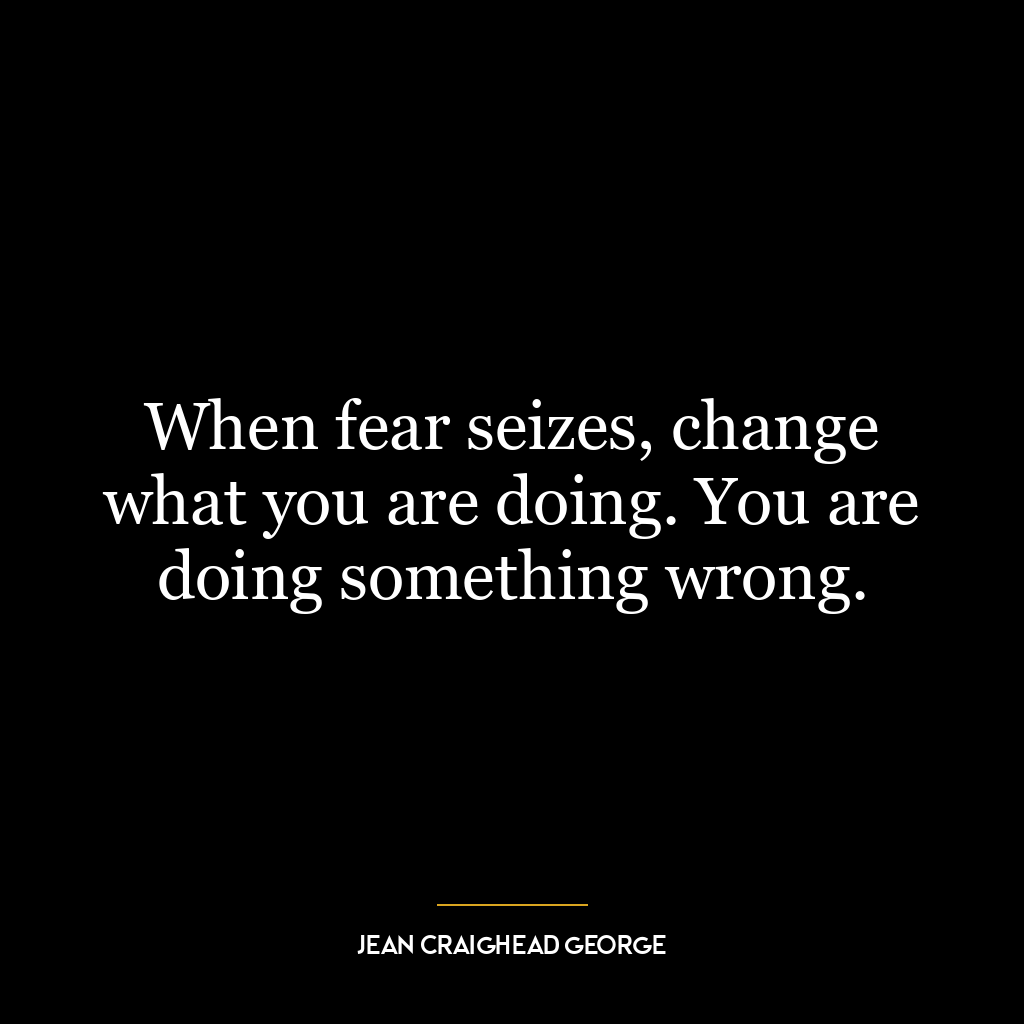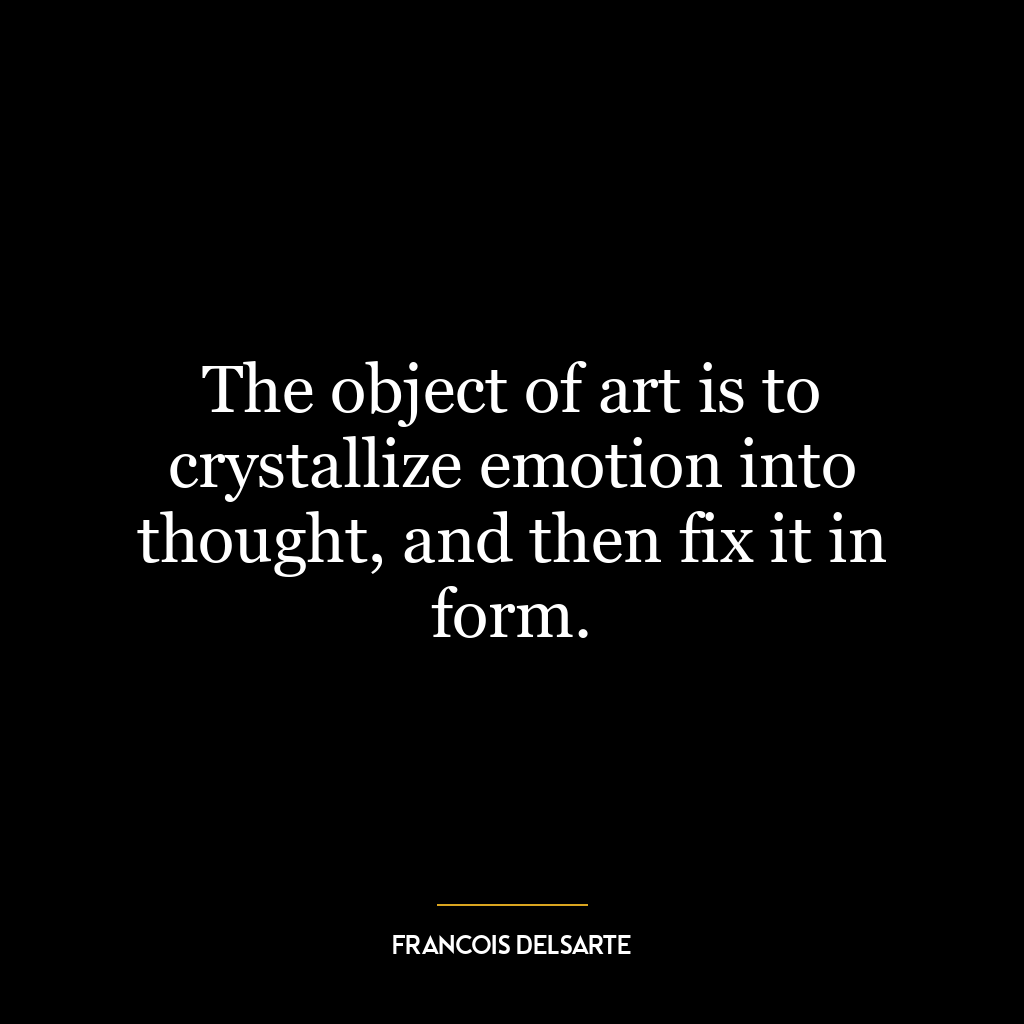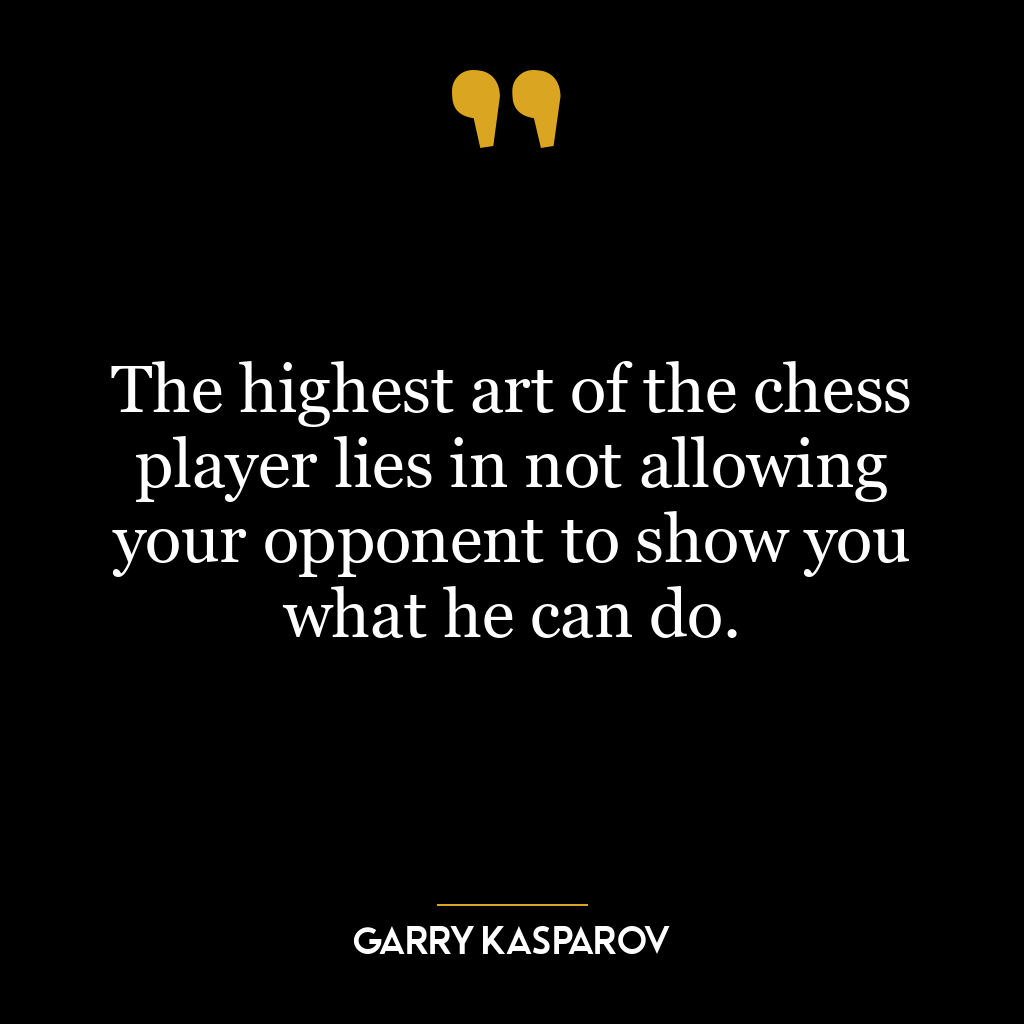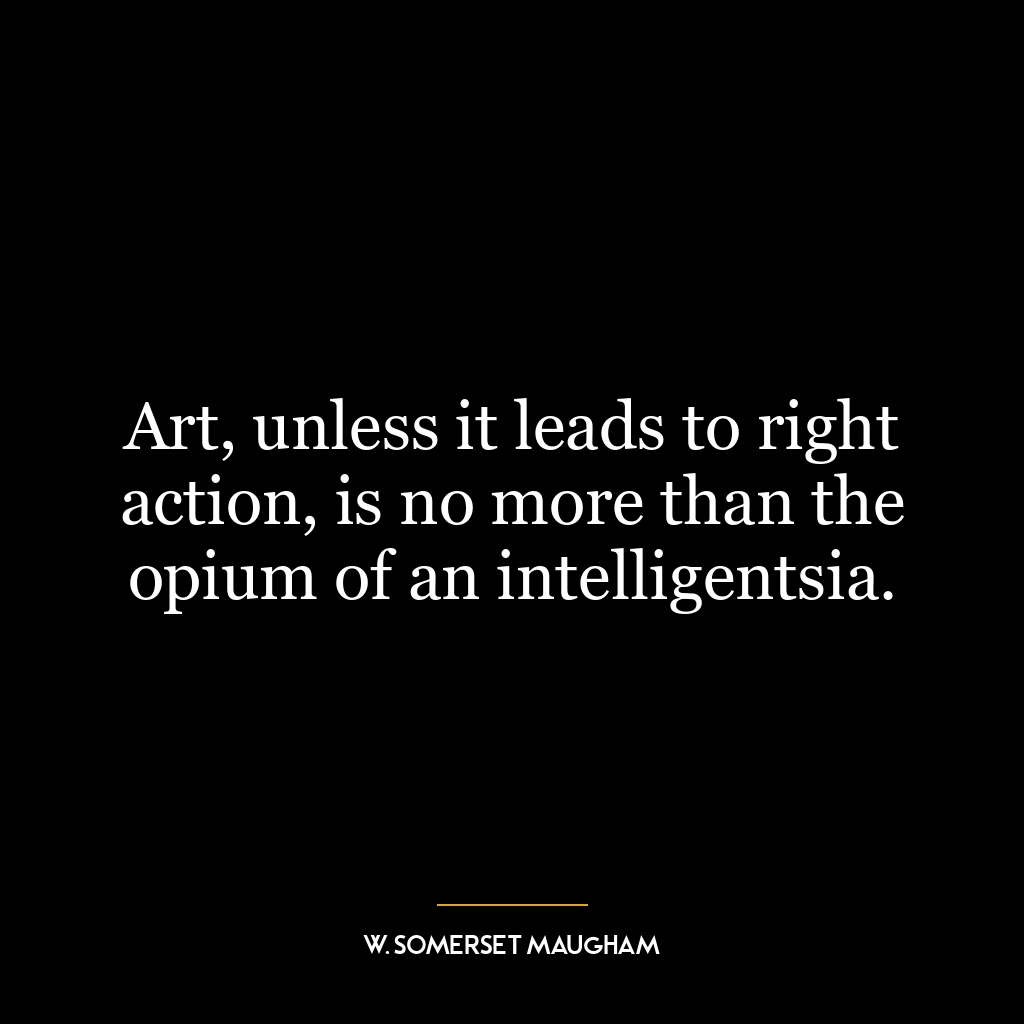This quote, “If you can’t control what you think, you will not be able to control what you do,” essentially speaks to the power and influence of our thoughts on our actions. It suggests that our thoughts are the precursor to our actions. If we are unable to manage or control our thought process, it would inevitably reflect in a lack of control over our actions.
The first part of the quote refers to mental discipline. It’s about having command over one’s mind and thoughts. For example, if one constantly thinks negatively or harbors self-doubt, it is likely that these destructive thought patterns will manifest in their behavior or actions – they may shy away from opportunities due to fear of failure.
The second part of the quote emphasizes that without this control over your thoughts, your actions follow suit. You become reactive instead of proactive because your decisions and behaviors are dictated by unchecked or uncontrolled thinking patterns.
In today’s world where we’re often bombarded with information overload and various stressors, this idea is extremely relevant. We’re often influenced by external factors such as social media which can shape how we think about ourselves and others. If we don’t exercise conscious effort in controlling these influences on our thought processes, it could lead us into a spiral of negativity or unhelpful behaviors.
In terms of personal development, mastering control over one’s own thoughts is fundamental for growth and progress. This could mean practicing mindfulness or meditation techniques aimed at improving focus and promoting positive thinking patterns; cognitive behavioral therapy (CBT) which helps identify negative thinking so you can respond effectively; or simply being aware and mindful about what influences your thinking whether it’s people around us or media consumption habits.
Ultimately this quote underscores the importance of mental self-discipline as a prerequisite for self-control in action – suggesting an inside-out approach towards personal development where change begins within oneself before reflecting outwardly through action.

